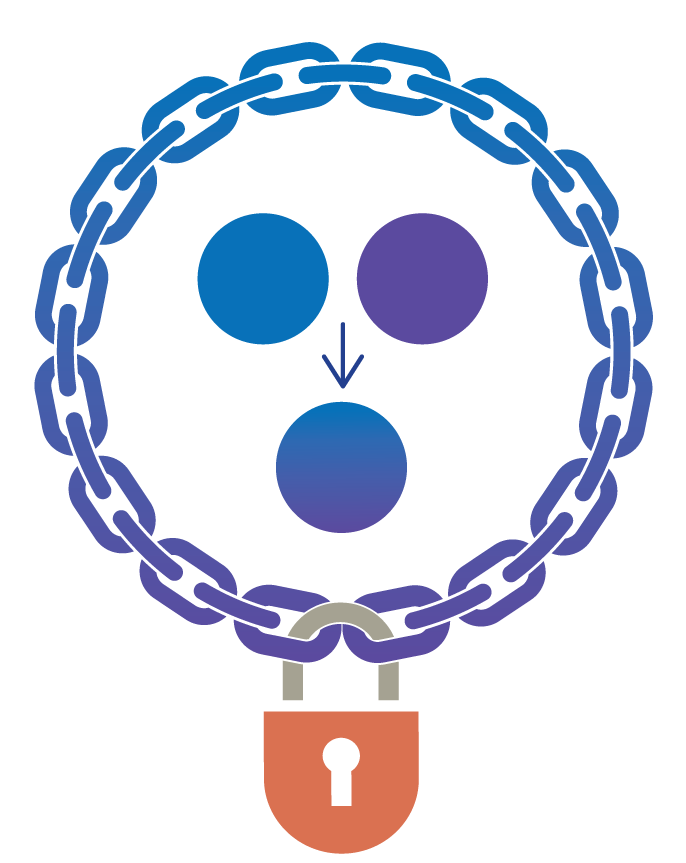Quantum and Sovereignty
From science for sustainability to sovereignty struggles, the national and global future of quantum computing is complex.
Pieter Vermaas
A Global View
Whereas quantum computers are typically presented as new powerful tools in facing our global challenges, it is sometimes also promoted as a technology you need to have to defend the country. Let’s start with the global aims. Quantum computing can help find new materials and new chemical processes that are less polluting, require less energy resources or help enable the transition to new energy resources. Quantum computing may also help in better modeling the climate and its changes, guiding us to better ways to mitigate the effects of these changes. These are all laudable opportunities, fitting the 21st century approach of facing global efforts together in an open international way by developing quantum computers and creating applications that benefit us all.
This perspective contrasts with a more grim one of states and even big tech companies competing with each other to have the benefits first. The US, China and Europe are the big blocks, and they are complemented by individual countries that take their own shot at quantum computing. Collaboration is then replaced by secrecy and export bans on key technologies, leading to a technological rat race with states defending their digital sovereignty.
Having a full-blown quantum computer gives quite some strategic advantages for a country.
Digital Sovereignity
Having a full-blown quantum computer does give a country quite some strategic advantages. With the famous Shor algorithm running on a multi-million qubit quantum computer you can start decrypting the secret files of other countries. These other countries may have switched to “Shor-proof” post-quantum encryption of their latest documents, yet some older documents may lack that new encryption, and could still be quite interesting. The other countries may also quickly hide their older documents, yet if you are smart as a country, you are already storing all interesting documents from the other countries. And when your quantum computer becomes powerful, you have all the time to decrypt the documents of your fellow countries. And what holds for countries and their competitions may hold for industry as well.
Having a powerful quantum computer available has additional advantages for a country. It gives your institutes and industry clear advantages over their competitors in other countries in finding new materials and processes. And using quantum search algorithms, such as the one to get out of a maze (see page 10), allows you to analyze and collect information about other countries that those countries themselves do not even know. Quantum computing then seems to bring us back to the uncertain times of the mid 20th century where in the Cold War the US and the Soviet Union had to constantly guess what the other knew and could do.
How will this competition work out? Probably, we will face a period where for a few years one of the parties has a serious head start in the development of quantum computing. But who? The US? A US-based tech company? Or will it be the Netherlands? Whomever it will be: it will be relevant for the geo-political and of course the economic balance in the world.
Who
We spoke with national security experts from the Netherlands.
What
We asked the experts to outline their vision for the global and national future of quantum.
Takeaways
Quantum technology can offer countries a strategic advantage, which could cause a race to the top.
The more holistic benefits of quantum computing could be better achieved with an international, collaborative approach.
